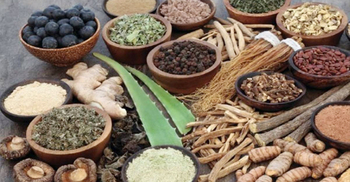Be cautious when eating mangoes, experts warn

It is the season of mangoes. Every year, this much-awaited seasonal fruit makes its way to the supermarket for people to savour its juice and delicious pulp. There are so many ways that mango is used in summer: in smoothies, desserts, shakes etc.
Each variety of mango has a distinct flavour of its own, produced in various parts of the country. They are not just tasty but also contain essential vitamins and minerals, and antioxidants that hydrate the body and protect it against diseases during the hot months.
But as much as we love this amazing fruit, eating an excessive number of mangoes can make it quite harmful to the body and even cause stomach infections. Doctors and health experts say that mangoes, if overconsumed, can cause bloating, diarrhoea, abdominal pain, ulcers and indigestion.
"Mangoes are rich in phytonutrients that are important for the body. They are healthy but because of the use of pesticides and artificial ripening process, they should only be consumed after being soaked in water for not less than 2 hours. Wash the mangoes properly and then consume," said Dr Edwina Raj, Head, Clinical Nutrition Dietetics, Aster CMI Hospital, Bengaluru.
While mangoes are infused with lots of nutrients and essential vitamins, they also contain carbohydrates called fructose, which can spike the blood sugar level.
"The problem is that mangoes are not treated well. This impacts health. Many people are allergic to mangoes, this is the reason they have inflammation in their throat. It is not that everyone can digest it properly," said Dr Edwina Raj.
Besides this, the artificial ripening of mangoes and the use of pesticides can lead to "the imbalance of blood glucose levels and triglyceride levels." Case in point, mangoes are healthy but should be consumed in moderation.
How many mangoes can you have in a day?
"It is better to take half a mango and split it into two and then have it twice a day rather than consuming one full mango at a time. "It is better to be consumed as a snack rather than having it with your meal. Since it is rich in fructose, it can spike your blood sugar level," said Dr Raj.
From the diet perspective, if you've consumed too many mangoes and suffer a reaction, then consult the doctor or a health professional immediately. Have more probiotic foods like curd, buttermilk and drink plenty of water. Oral rehydration solution and limiting the use of high-fibre-containing foods and fruits are recommended to ease diarrhoea and stomach infection.
Source: India Today





